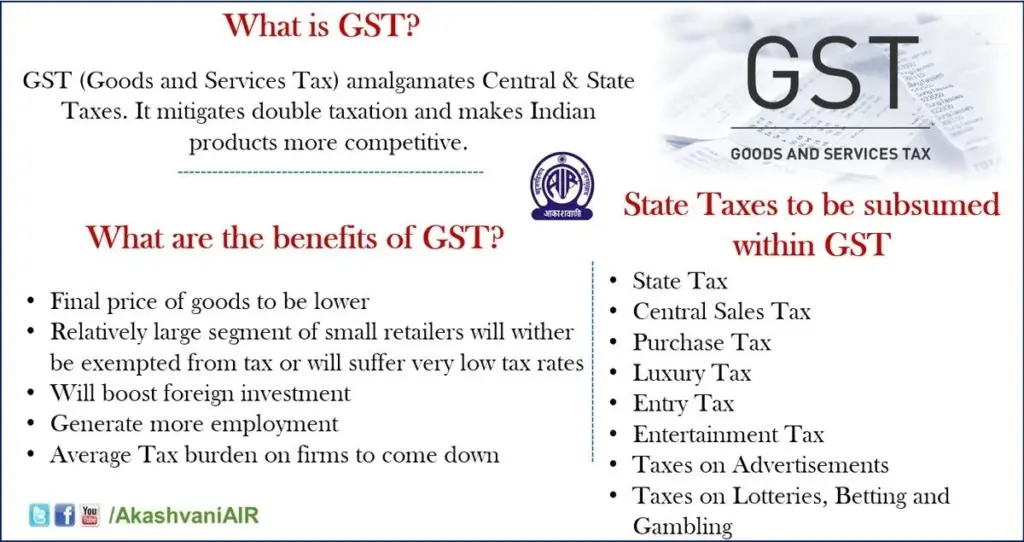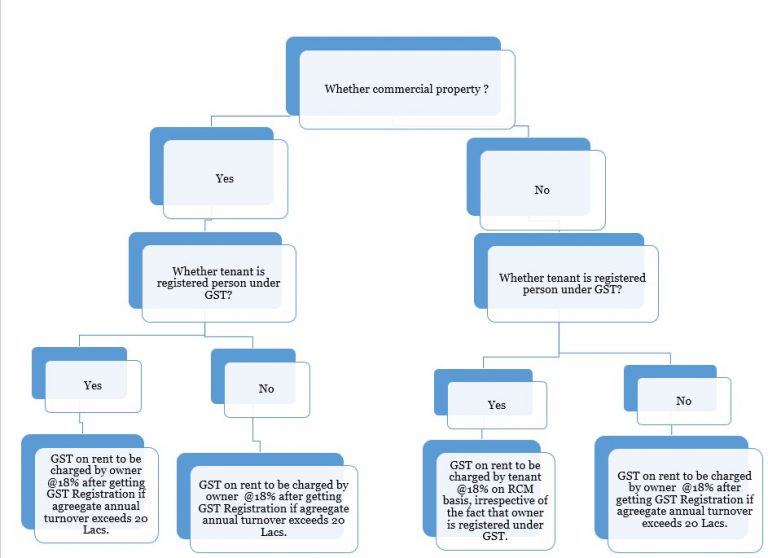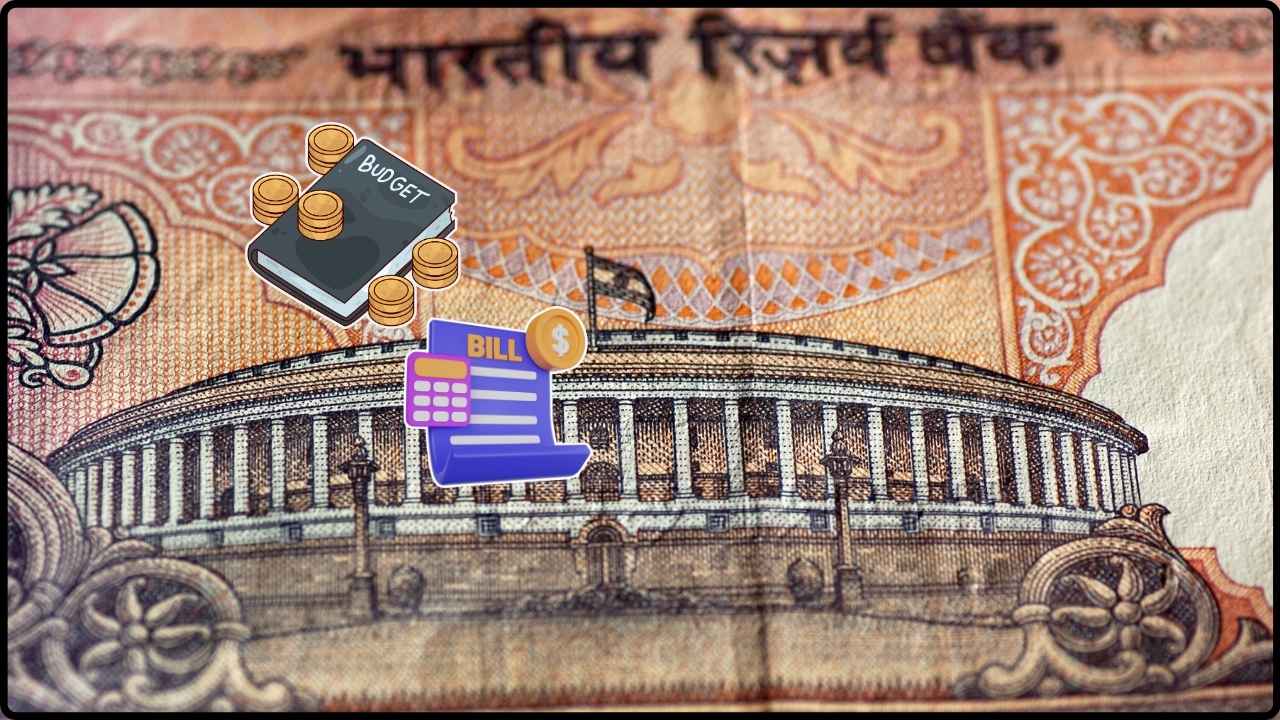
Hostel Inmates Cry Foul as GST Hike Sends Rents Soaring: If you’re a student or a working professional living in a hostel in Chennai, you’ve likely noticed something frustrating recently—your rent just went up. The culprit? A Goods and Services Tax (GST) hike that has hostel inmates across the city up in arms. This isn’t just a temporary inconvenience. The tax shift has put a real financial burden on students and young professionals who depend on affordable hostel or PG (paying guest) accommodations. And the situation is layered with technical confusion, policy loopholes, and differing legal opinions. This article breaks it all down—clearly, accurately, and with the kind of insight you won’t find in social media posts or hearsay.
Hostel Inmates Cry Foul as GST Hike Sends Rents Soaring
The headline “Hostel Inmates Cry Foul as GST Hike Sends Rents Soaring in Chennai” is not just media sensationalism—it reflects a serious policy gap affecting India’s youth and working class. The AAR’s ruling sparked widespread confusion, but legal clarity from the Madras High Court offers a path to relief. Whether you’re a tenant or a hostel operator, knowing your rights and responsibilities under GST is the first step toward avoiding unfair charges and maintaining trust. As the tax landscape evolves, awareness, transparency, and advocacy are your best tools.
| Topic | Details |
|---|---|
| Issue | GST on hostels and PG accommodations now up to 12%, increasing rent burdens |
| Affected Groups | Students, working professionals, long-term hostel and PG tenants |
| Trigger | 2023 AAR ruling defined hostels as commercial, not residential |
| Relief Mechanism | 90+ day stays and residential classification are GST-exempt |
| Court Intervention | Madras High Court ruled residential hostels for students/workers are GST-exempt |
| Economic Impact | Rising rent, protests, reduced hostel occupancy |
| Official Website | https://www.gst.gov.in |
Understanding GST and the Policy Shift
The Goods and Services Tax (GST) is India’s national indirect tax that replaced multiple cascading taxes like service tax, VAT, and excise duty. It applies to almost all goods and services—including housing, in some cases.
Traditionally, hostel accommodations (especially long-term ones used by students and working individuals) were considered residential dwellings and exempt from GST. However, in August 2023, India’s Authority for Advance Ruling (AAR) ruled that many such accommodations do not qualify as residential and should be taxed commercially at 12%.
This reclassification is what triggered the rent hikes. Hostel owners, unsure of compliance or facing pressure from auditors, began charging GST to cover their obligations.
Why the GST Hike Matters?
Imagine this: You’re a student from a small town, studying in Chennai, staying at a ladies’ hostel. Your rent was ₹7,500. Suddenly, you’re being asked to pay ₹8,400. That’s almost ₹1,000 more—a significant amount for someone with limited monthly allowances.
Or maybe you’re a junior software developer on your first job. You’re already dealing with inflation, education loans, and Chennai’s cost of living. Now, your monthly accommodation—your basic necessity—just got more expensive.
The hike isn’t merely an inconvenience. For many, it can be the difference between staying in the city or being forced to return home, dropping out, or switching jobs.

Who’s Impacted Most?
- College Students: Especially those from rural areas or middle-class families who rely on affordable PG/hostel options near their universities.
- Women Migrants: Young women working in IT, retail, or nursing, often stay in women’s hostels for security and affordability.
- Fresh Graduates and Interns: Entry-level salaries don’t allow for big rent jumps.
- Single Income Households: Individuals supporting families back home.
The Legal Backdrop: Hostel Inmates Cry Foul as GST Hike Sends Rents Soaring
What the AAR Said:
In its 2023 ruling, the Authority for Advance Ruling declared that hostel and PG services do not amount to residential dwelling use, thereby attracting 12% GST. Their logic: these were commercial services, akin to hotels, since many included food, cleaning, Wi-Fi, etc.
What the High Court Said:
Fast forward to April 2025. The Madras High Court overruled this interpretation. It stated that hostel accommodations serving students and working professionals for long-term residential purposes should be considered residential dwellings and are exempt from GST under Notification No. 12/2017-Central Tax (Rate), dated 28.06.2017.
This judgment carries significant weight, particularly for tenants in Tamil Nadu, but also serves as a precedent for other states.
Clarifying GST Applicability: A Simple Guide
You Do NOT Owe GST If:
- Your stay exceeds 90 days
- Your hostel is legally a residential dwelling
- Your rental agreement is structured as monthly tenancy, not per-night lodging
- The facility provides only basic amenities (bed, fan, water, no luxury)
You May Owe GST If:
- Your stay is less than 90 days
- Services include food, housekeeping, laundry, bundled as a package
- The property is run more like a hotel than a home
- There’s no formal tenancy or lease agreement

Student and Tenant Voices: Real Stories
Ananya, a postgraduate student in Saidapet:
“Our hostel rent increased overnight. When we asked why, they just said ‘taxes.’ It’s stressful for my family, and I may need to shift further out of the city.”
Faizan, a junior analyst in Velachery:
“The irony is that I don’t even eat at the hostel. Still, I’m paying GST for bundled meals I never use.”
Priya, a hostel warden:
“We’re caught in the middle. Owners want us to collect GST; students want us to reduce rent. We’re trying to survive too.”
The Hostel Operators’ Dilemma
It’s not all black and white. Many small hostel operators are family-run businesses or local landlords. Here’s how they’re affected:
- Increased Compliance Costs: GST registration, audits, monthly filings
- Fear of Penalty: Unintentional non-compliance can result in fines
- Reduced Occupancy: Some hostels report a 15-20% drop in bookings since rent hikes
- Business Uncertainty: Many are now considering exiting the business altogether
Global Perspective: How Other Countries Handle This
In the United States, student housing and long-term residential rentals are exempt from sales tax in most states.
In the UK, Value Added Tax (VAT) is not applied to residential rents or university-provided accommodation.
Canada also exempts long-term rentals (more than a month) from Goods and Services Tax (GST).
India’s inclusion of hostel stays under GST, especially for long-term residents, stands out as an exception—not the norm—globally.
What You Can Do If You’re Being Charged Unfairly?
Step-by-Step Action Plan
- Review Your Bill: Look for a separate GST component. If included, request justification.
- Ask for Hostel’s GST Registration Number: Only registered businesses can charge GST.
- Check Your Rental Terms: If you’ve stayed more than 90 days, you’re likely exempt.
- Bring Up the Madras HC Judgment: Politely educate hostel management.
- File a Complaint:
- Use the official GST Grievance Portal: https://cbic-gst.gov.in
- Email: gst-feedback@gov.in
Expert Tips for Students and Workers
- Negotiate for GST Waiver: Especially if your stay is long-term or you don’t use bundled services.
- Ask for Separate Invoicing: Let rent and services be billed separately to avoid misclassification.
- Get Written Agreements: A lease agreement strengthens your exemption claim.
- Organize with Fellow Tenants: Collective action often gets faster results.
No GST on UPI Payments — Government Clears the Air in Rajya Sabha
Businessman Arrested in ₹34 Crore GST Scam — Shocking Details Emerge
Big GST Cuts, But Who Really Benefits? Profiteering Worries Raise Red Flags










